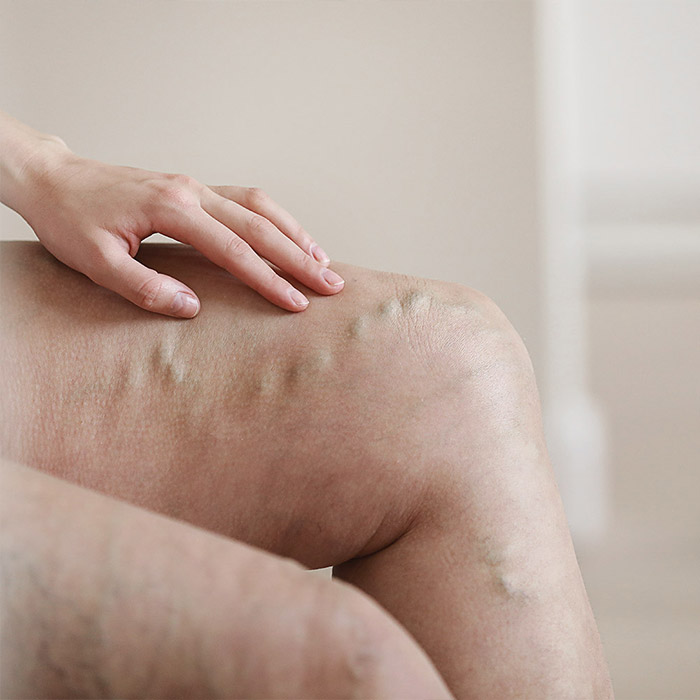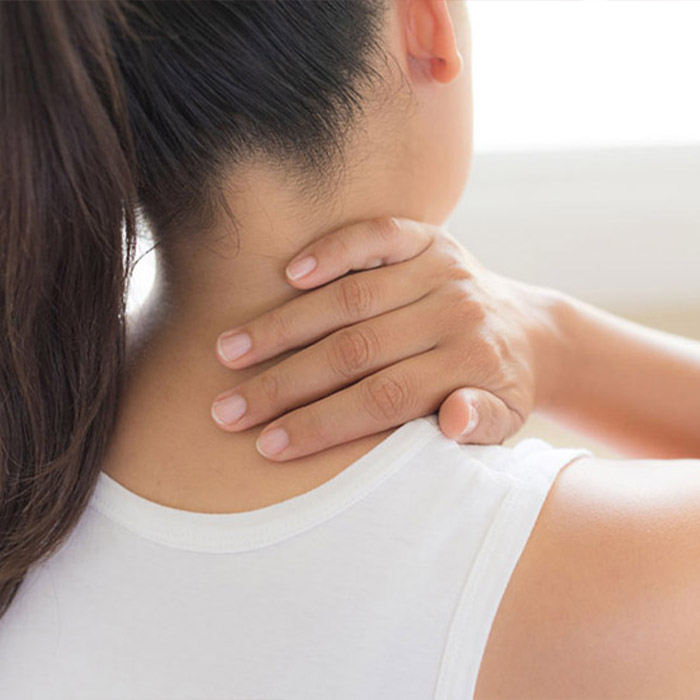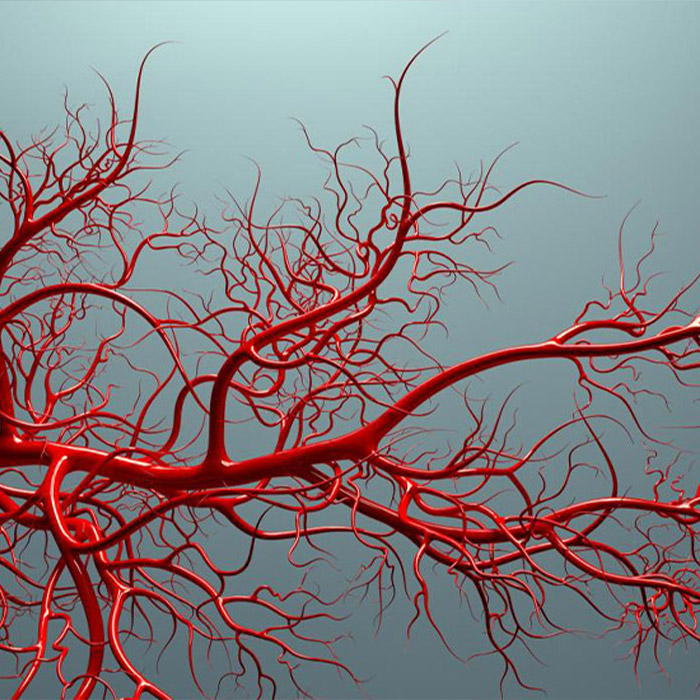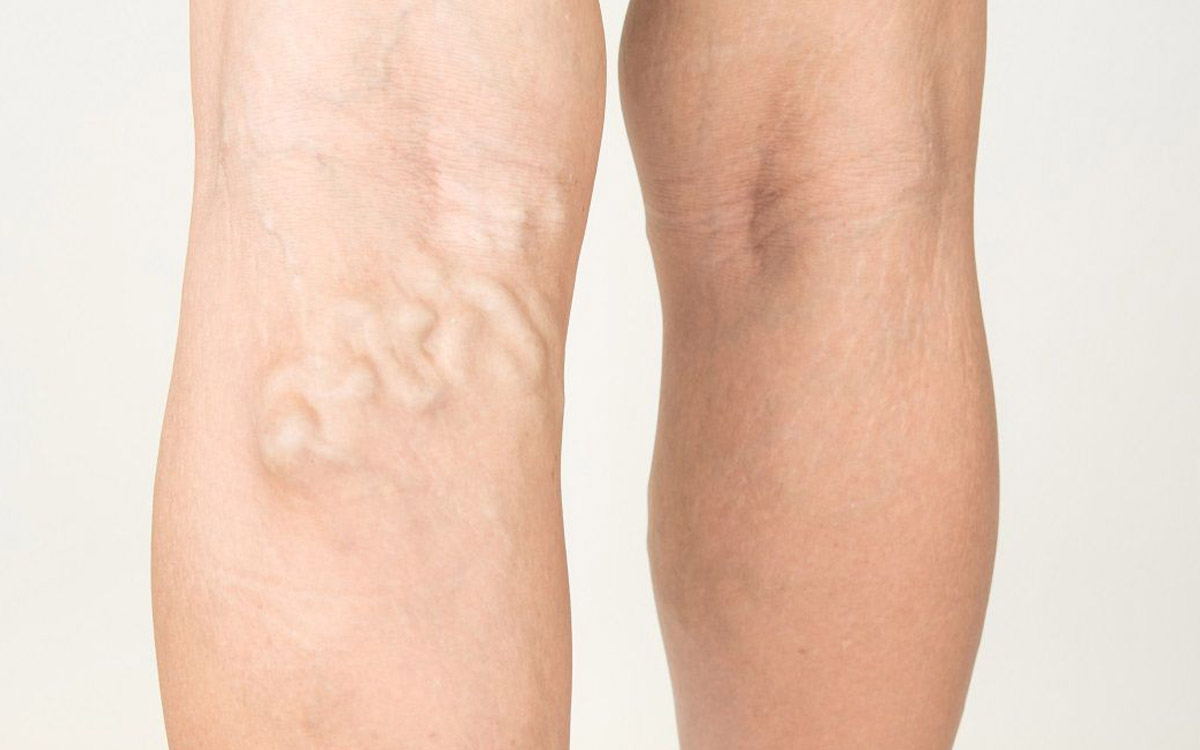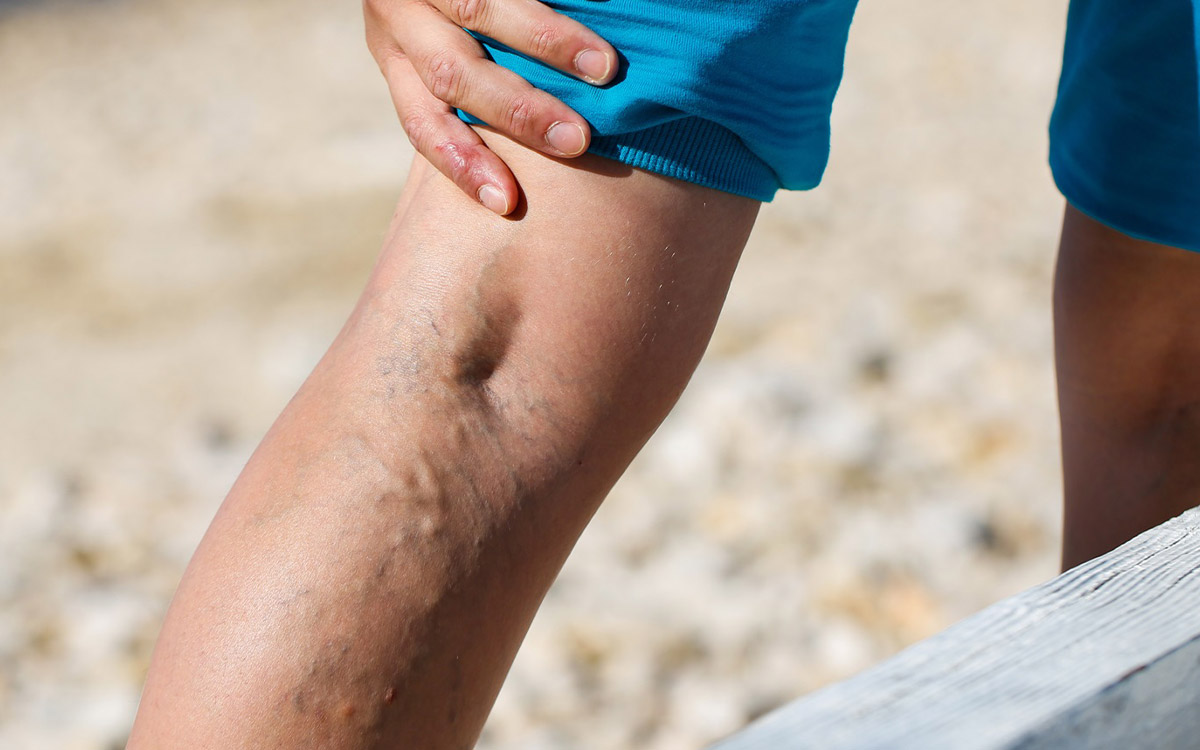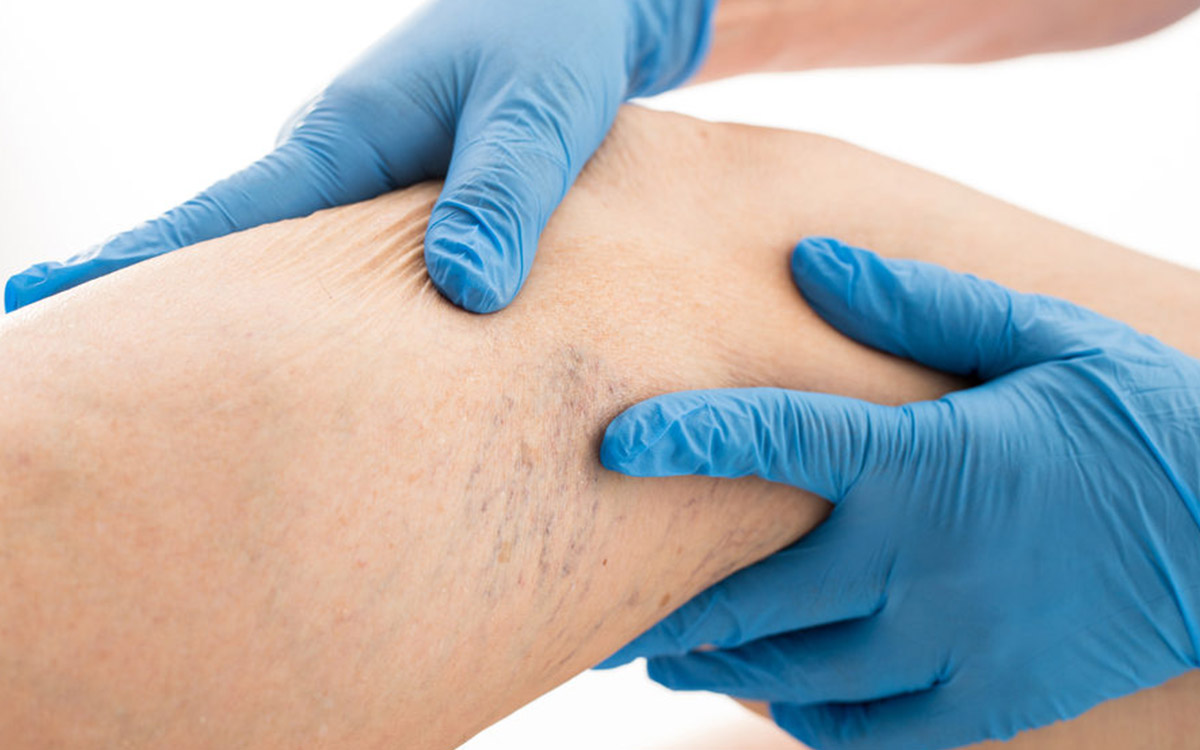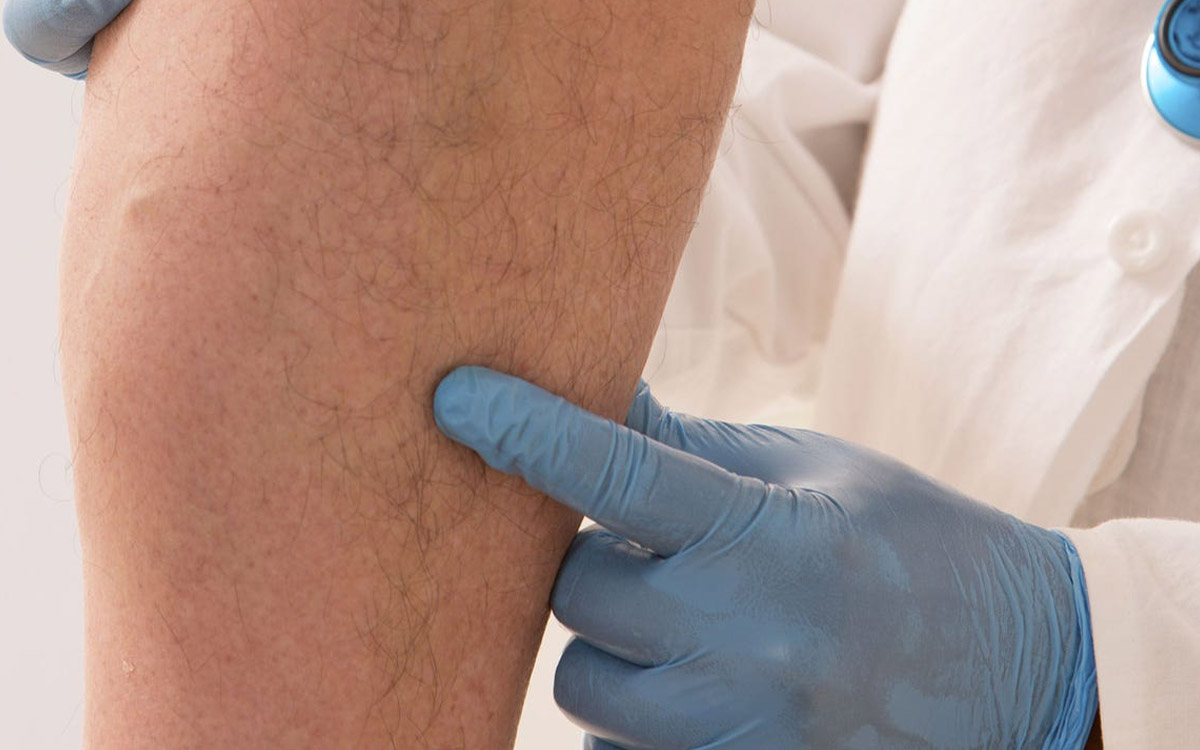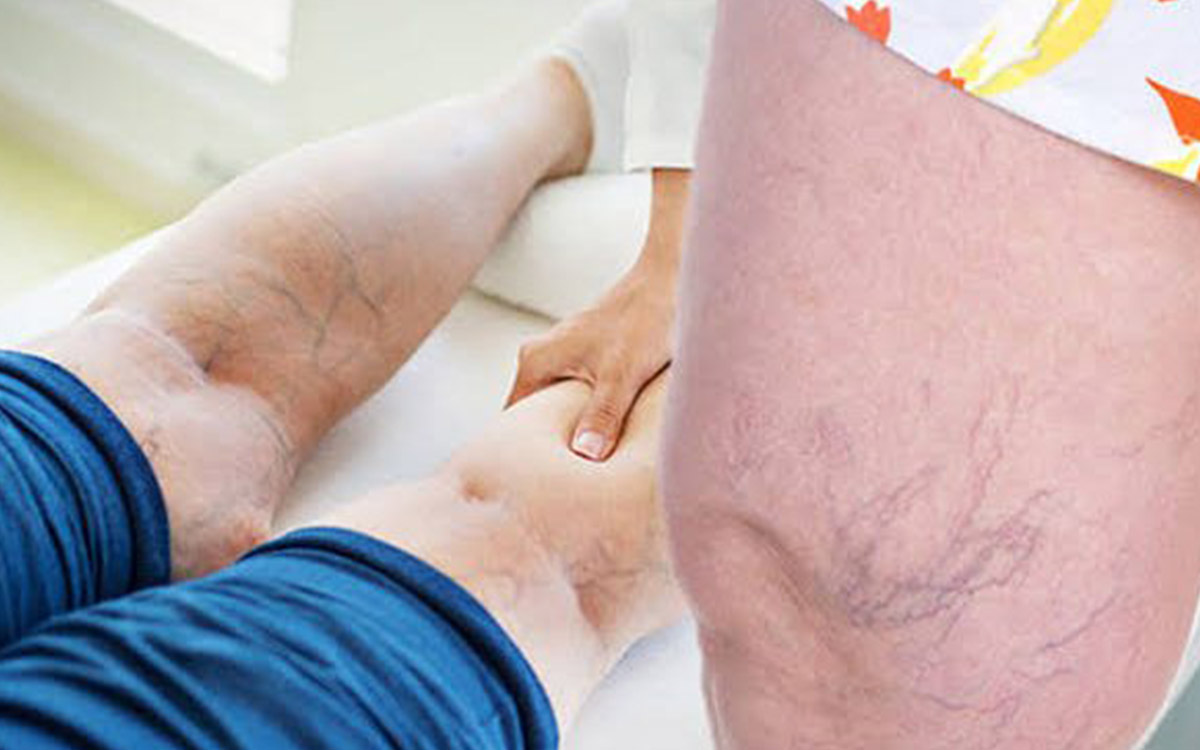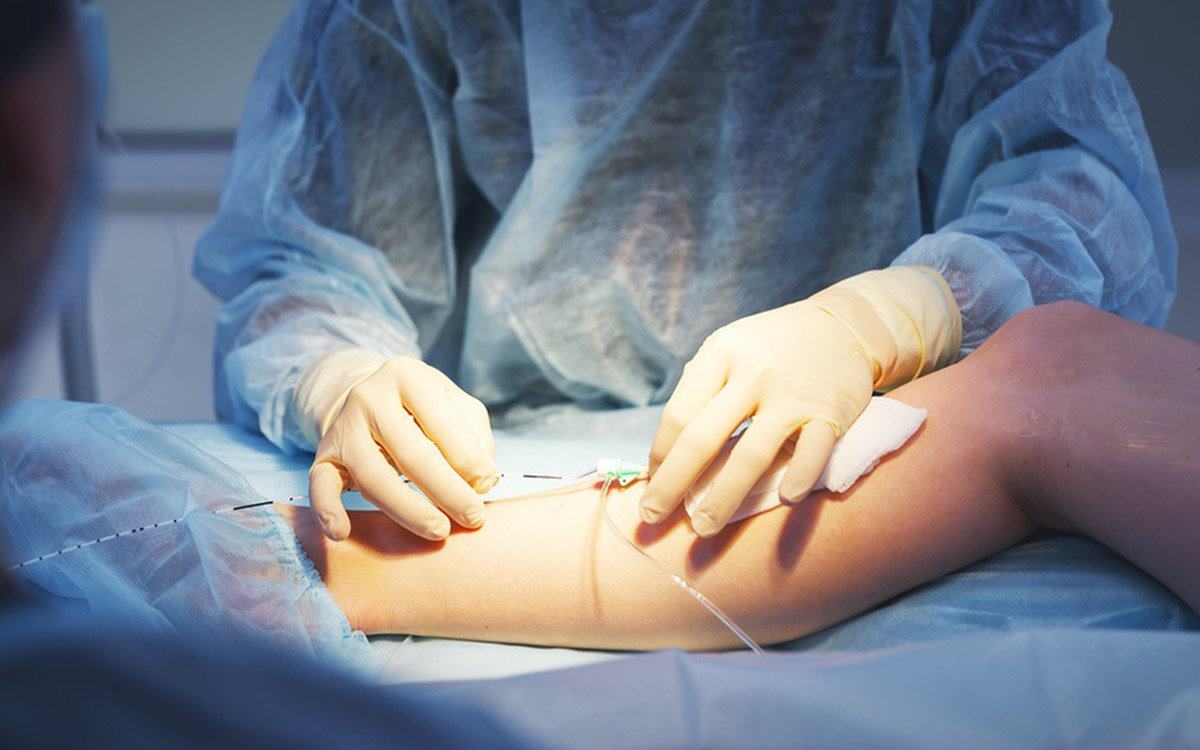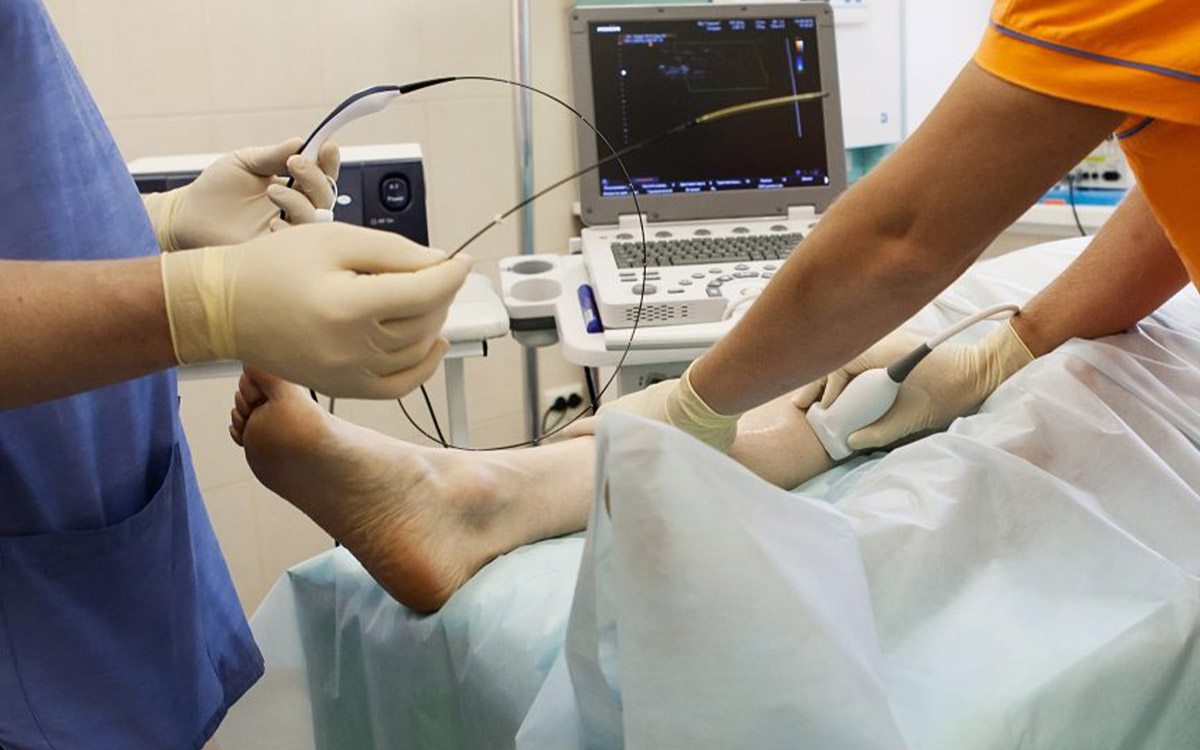Varicose veins types, symptoms & treatment methods
Learn all about
varicose veins
Assoc. Prof. Dr. İlker Kiriş
Cardiovascular Surgery

What is Varicose Vein?
Varicose veins refer to the permanent enlargement or elongation of the veins. Varicose veins, which are mostly observed in the lower leg, are the lateral branches of the superficial veins that become apparent and twisted. Varicose veins manifest themselves only with impaired appearance in the initial stages, but may turn into a painful condition in later ages.
What Causes Varicose Veins?
Varicose veins are the enlarged, noticeable, and twisted superficial veins, mostly in the legs. Some scientifically-proven risk factors cause varicose veins. With the advancing age, the incidence of varicose veins increases. Varicose veins are more common in women than in men. Besides, there is a predisposition to the development of varicose veins during pregnancy.
How is Varicose Vein Diagnosed?
Varicose veins can cause complaints in patients such as feeling weighty or heavy, swelling, aching, itching, and night cramps in the legs, especially the calves. Patients with such complaints should first be seen and examined by a cardiovascular surgeon.
What are the Symptoms of Varicose Veins?
Although varicose veins, which are one of the circulatory system disorders, differ in terms of the causes for their occurrence, their adverse effects are usually similar. From past to present, varicose veins, which have spread due to various reasons, especially the gene transfer, have been mostly causing "varicose symptoms" or "varicose symptoms."
What are the Types of Varicose Veins?
Varicose veins are usually caused by vein enlargement just under the skin of the legs. Varicose veins, triggered by the weakening of the vein walls, can cause the veins to become noticeable, twisting and bulging on the skin. Varicose veins, which are seen by approximately 15-20 percent of adults, are more common in women for different reasons.
Varicose Vein Surgery
Although non-surgical varicose vein treatment is very prominent today, varicose vein surgeries are required very rarely in some patients. Varicose vein surgery is involved in the list of operations performed by attending physicians in Cardiovascular Surgery in Izmir and its surroundings.
Varicose Vein Treatment with Endovenous Radiofrequency
The laser is simply defined as the focused light beam. The laser has many different uses and the leading field is medicine. In the field of medicine, especially the laser treatment of varicose veins is one of the most applied treatment methods.
Medical Adhesive (Glue) Method for Varicose Veins
The medical adhesive method is one of the most advanced methods among non-surgical varicose vein treatments. This treatment method is also called the "biological adhesive method" or "varicose veins treatment with gum."
Varicose Vein Treatment
The heart sends the substances, which provide the energy that the somatic cells need, and the oxygen required to use them, through the arteries into the tissues. The energy substances and oxygen in this delivered blood are used by the tissues, the waste materials are added into such blood, and they are returned to the heart by the veins to be cleaned.
Non-Surgical Varicose Vein Treatment
Non-surgical varicose vein treatment is provided, and the complaints about varicose veins are resolved throughout Turkey, mainly in Izmir. Varicose veins, which appear as circulatory system disorders, can disappear in a short time with painless and non-surgical varicose treatment, and thus the patients are healed.

